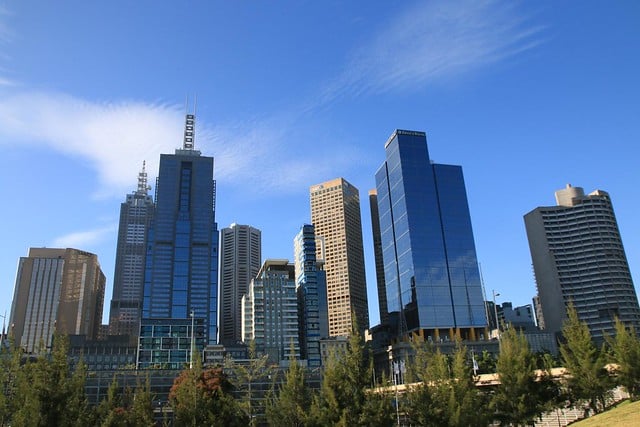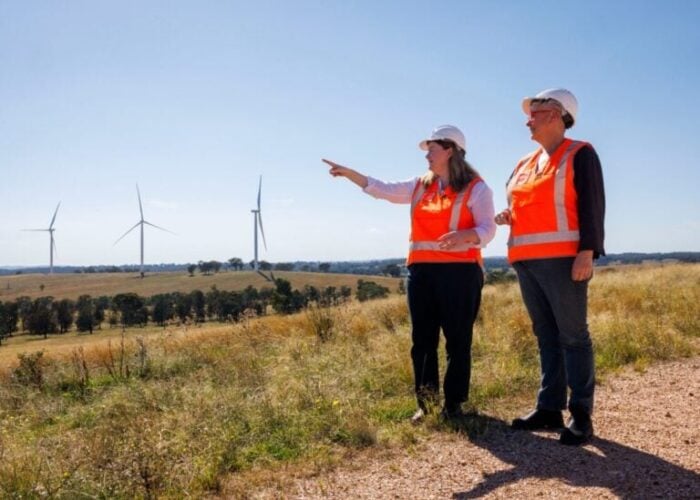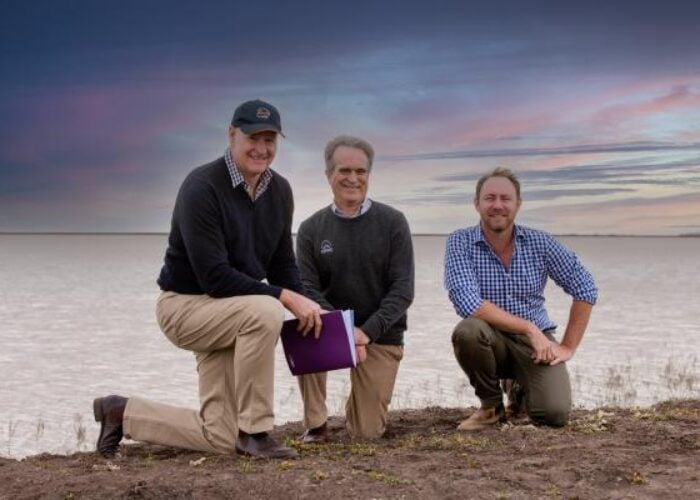
Victoria’s state government has yielded to industry pressure and increased the frequency and number of rebates available in its rooftop solar subsidy programme.
On Wednesday, state energy minister Lily D’Ambrosio announced a further 23,000 rebates will be made available in 2019, bringing the year's total from 40,000 to 63,000.
Unlock unlimited access for 12 whole months of distinctive global analysis
Photovoltaics International is now included.
- Regular insight and analysis of the industry’s biggest developments
- In-depth interviews with the industry’s leading figures
- Unlimited digital access to the PV Tech Power journal catalogue
- Unlimited digital access to the Photovoltaics International journal catalogue
- Access to more than 1,000 technical papers
- Discounts on Solar Media’s portfolio of events, in-person and virtual
The previous monthly allocation of 3,333 rebates incurred heavy criticism from industry for placing a cap on the market and creating a boom-bust cycle for residential solar installers. August’s allocation was snapped up in less than two hours, various clean energy associations claimed at the time.
The incentives, covering up to AU$2,225 (US$1,566) per solar panel system, were nixed by the Labor government in April 2019 and re-instated three months later with the monthly cap.
Two separate public protests were held in Melbourne, Victoria's capital, against the rebate rationing.
The new rebates will be released fortnightly, rather than monthly – relieving spikes in demand and ensuring a steadier supply of work for solar installers.
John Grimes, CEO of renewables advocacy group Smart Energy Council, said in a statement that “the Victorian Government has listened to solar businesses and solar workers and responded to their concerns. This is what good governments do.”
The program will release 6,500 rebates on 2 September and a further 3,250 rebates two weeks later, for a total of 9,750 rebates across the month. In October, 6,500 rebates will be released. The total monthly figure will stabilise at 5,000 each month after February 2020.
The additional rebates are part of a package of reforms the state government is making to its AU$1.3 million (US$880,000) Solar Homes Program, which minister D'Ambrosio claims has already benefitted 35,000 households.
According to a government statement, the revamped programme will have a further emphasis on safety and more post-installation audits. A new multi-stakeholder group will be established to bring together consumers, Solar Victoria, industry groups and government to guide the program’s decade-long roll-out. The Solar Victoria web portal will be streamlined to make online applications easier, and some rebates will be reserved for offline applications.







